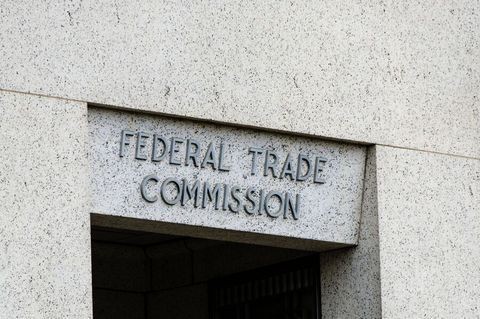EU Food Labeling-Where Is the Beef From?
Client Alert | 4 min read | 06.20.13
Politicians and public interest groups in the European Union are showing renewed interest in expanded country of origin labeling requirements in the wake of February's horse meat scandal, where lasagna and other products sold in the EU purportedly made from beef were found instead to contain horse meat. Specifically, attention is focused on Regulation (EU) No. 1169/2011, published in November 2011, which imposes a number of notable labeling requirements, including mandatory nutritional information, allergen ingredient emphasis, and nanomaterial identification. The regulation also includes newly expanded requirements for labeling foods with their country of origin.
While the majority of the Regulation's provisions do not become enforceable until December 13, 2014, the European Commission is scheduled to submit a report and adopt implementing acts for country of origin labeling requirements less than six months from now. The Commission's report and the implementing acts could have a significant impact on where foods are deemed to "be from," as well as how many new categories of food will be subject to mandatory country of origin labeling.
What Foods Will Be Subject to the Country of Origin Requirements?
Previous EU requirements to label food with a country of origin were limited to items such as fresh beef, fruit and vegetables. Under the new regulation, unprocessed swine, sheep, goat and poultry meat will now also need country of origin labeling. Under the timetable set forth in Regulation (EU) No. 1169/2011, the European Commission must adopt implementing acts for country of origin labeling of these food categories by December 13 of this year. By the same date, the Commission is also scheduled to adopt implementing acts on the application of "voluntary origin" labeling of food after the completion of an external impact study.
The country of origin labeling requirement may not end with fresh meat and vegetable products. The European Commission has also been tasked with submitting a report to the European Parliament and Council addressing country of origin labeling on other types of meat, milk, meat as an ingredient, unprocessed foods, single ingredient products and ingredients that constitute over 50 percent of a food. The report is intended to assess the feasibility, costs and benefits of country of origin labeling on these additional products. This report is also due December 13, 2013.
What Is the "Country Of Origin"?
Defining, and actually determining, "country of origin or place of provenance" is not as straightforward as one might guess. Processed food may include ingredients from multiple locations and even food products like fresh meat are not necessarily derived from one single location. The voluntary origin study due in December will examine labeling based on the country of the last substantial transformation, but will also evaluate other criteria, such as where a meat animal is born, raised or slaughtered. As the study's terms of reference state, "[t]he costs and impact of mandatory origin/provenance labeling will depend on the actual definition of country of origin and place of provenance, the type of players that need to participate . . . and the extent to which such information has to be traced back . . ."
Implications for the U.S. Market
In the United States, food recall and food labeling litigation involving traceability issues are also in the lime light. The ability to accurately identify precise ingredients – and to trace the origin of those ingredients – for any particular food product is becoming not just a necessity for the looming EU labeling requirements, but also an important aspect of risk mitigation from over-inclusive recalls and false labeling lawsuits.
Insights
Client Alert | 3 min read | 05.06.24
FTC Imposes $3.17 Million Civil Penalty for Violation of Prior Made in USA Order
Last week, based on a referral from the Federal Trade Commission (“FTC”), the Department of Justice (“DOJ”) filed a complaint against Williams-Sonoma alleging that the company violated a previous Federal Trade Commission decision and order dated July 13, 2020 (the “2020 Order”) pursuant to which Williams-Sonoma was prohibited from making unsubstantiated U.S. origin claims. The complaint alleged that, following entry of the 2020 Order, Williams-Sonoma made “numerous false and unsubstantiated representations that their home goods or other products are ‘Made in USA’ or otherwise of U.S. origin, when, in fact, they are wholly imported or contain significant imported components.”
Client Alert | 14 min read | 05.03.24
Client Alert | 3 min read | 05.03.24
EEOC’s New “Enforcement Guidance on Harassment in the Workplace” Hits Hot-Button Issues
Client Alert | 11 min read | 05.03.24
FDA Moves Forward on Laboratory Developed Tests while Stakeholders and Congress Weigh Next Steps


